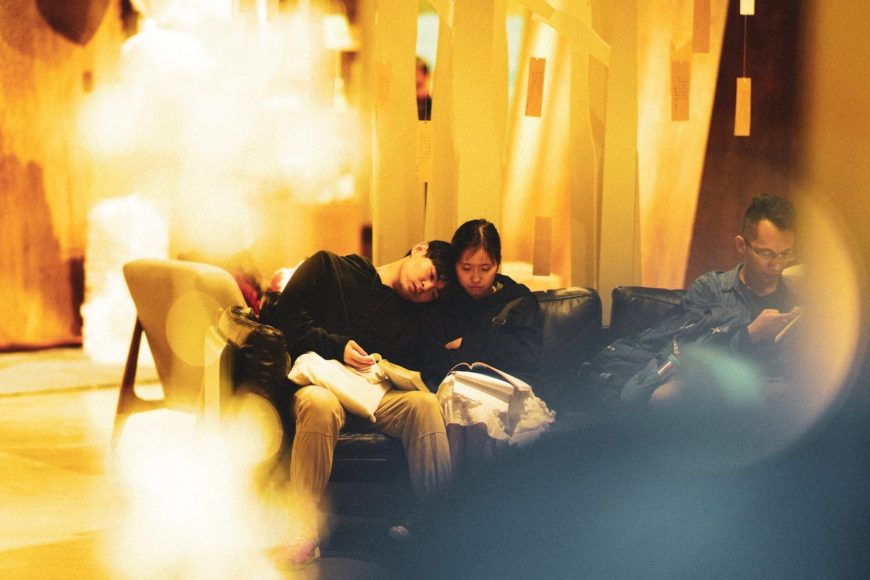Support Group for Grief, Mourning and Loss
“Parting is inevitably painful, even for a short time. It’s like an amputation. I feel a limb is being torn off, without which I shall be unable to function. And yet, once it is done, life rushes back into the void, richer, more vivid and fuller than before.” Anne Morrow Lindbergh, American Aviator
“The reality is that you will grieve for ever. You will not “get over” the loss of a loved one, you will learn to live with it. You will heal and you will rebuild yourself around the loss you have suffered. You will be whole again but you will never be the same. Nor should you be the same nor would you want to.” Elizabeth Kubler-Ross, Swiss American Psychiatrist
Undoubtedly, the death of someone we love changes our lives forever. The period, which preceded the death as well as that which followed it, is a long and painful journey characterized by grief and mourning. Grief is what we think and feel on the inside, after someone we love dies, while mourning is the outward expression of those thoughts and feelings. We all grieve when someone we love dies, but if we are to heal, we must also mourn. Furthermore, while our grief journey is an intensely personal, unique experience, all mourners must yield to the following basic human needs, if they are to heal:
- Acknowledging the reality of death
- Embracing the pain of the loss
- Remembering the person who died
- Developing a new self-identity
- Searching for meaning
- Receiving ongoing support from others
Apart from the pain caused by the death of a loved one, the pain we feel over the loss of a love relationship or the loss of a pet or an object of sentimental value, carries a similar magnitude.
The quality and quantity of understanding support people get during their grief journey will have a major influence on their capacity to heal. It is not possible for anyone to do this alone.
Needless to say that often people work through grief and trauma by telling their story over and over. Unfortunately, as our society places much value on the ability to “carry on”, many mourners are abandoned shortly after the loss of their loved one. This kind of advice/behaviour forces them to deny or repress their grief rather than express it.
As the Facilitator of the Grief Mourning and Loss Support Group, I ensure that, in a warm milieu characterized by respect and patience, we all listen empathically to what each member of the group wishes to share. Furthermore, participants are encouraged to see mourning not as an enemy to be vanquished but as a necessity to experience as a result of having loved. Slowly-slowly, group members reconcile with their grief as they work to integrate the new reality of moving forward in life without the physical presence of the person who died. With reconciliation comes a renewed sense of energy and confidence, an ability to fully acknowledge the reality of the death and a capacity to become re-involved in the activities of living.

